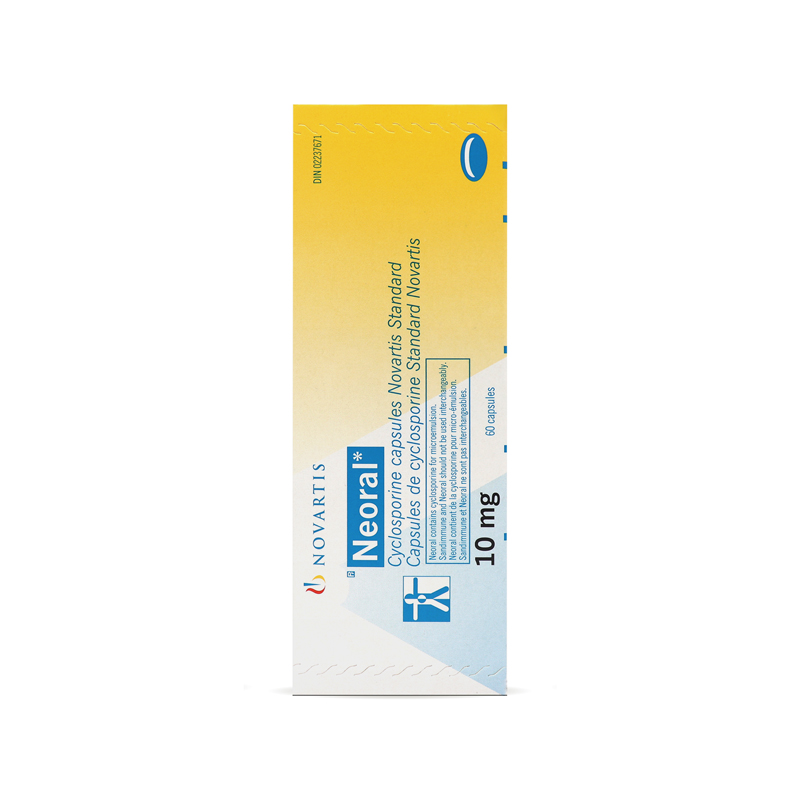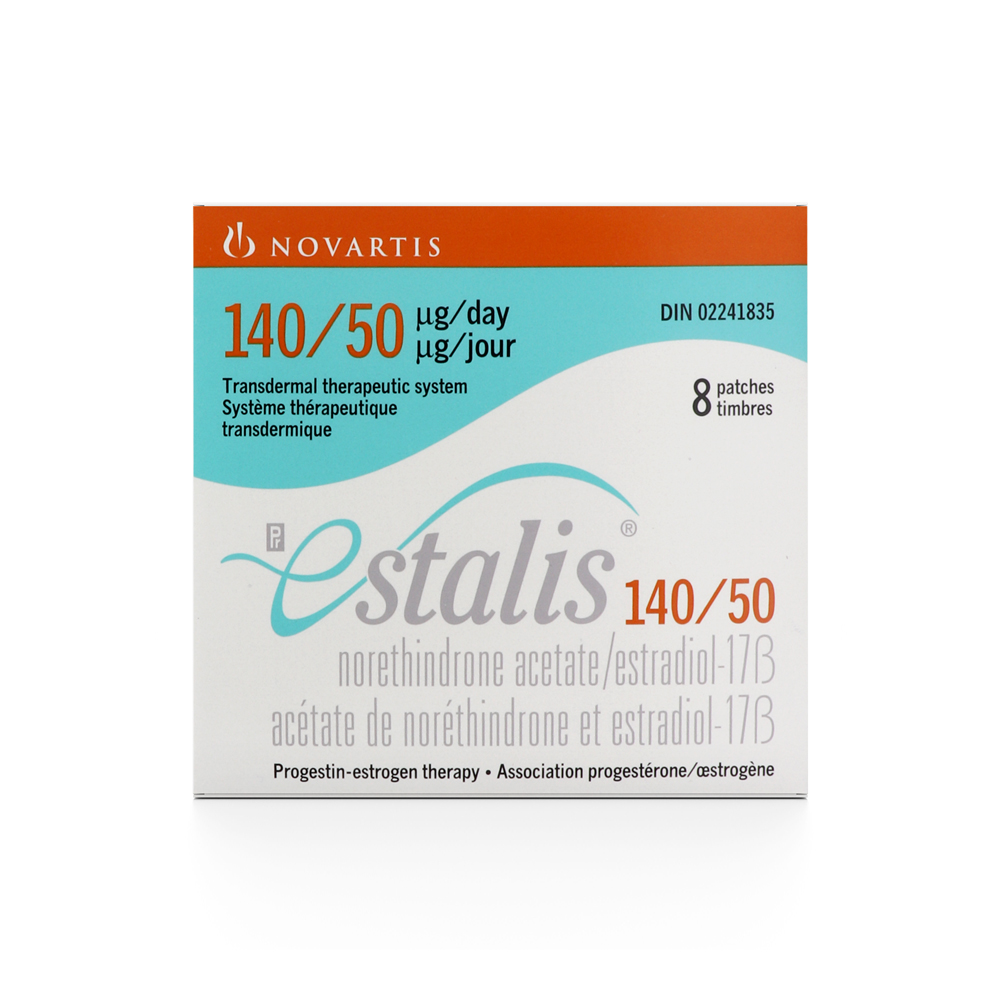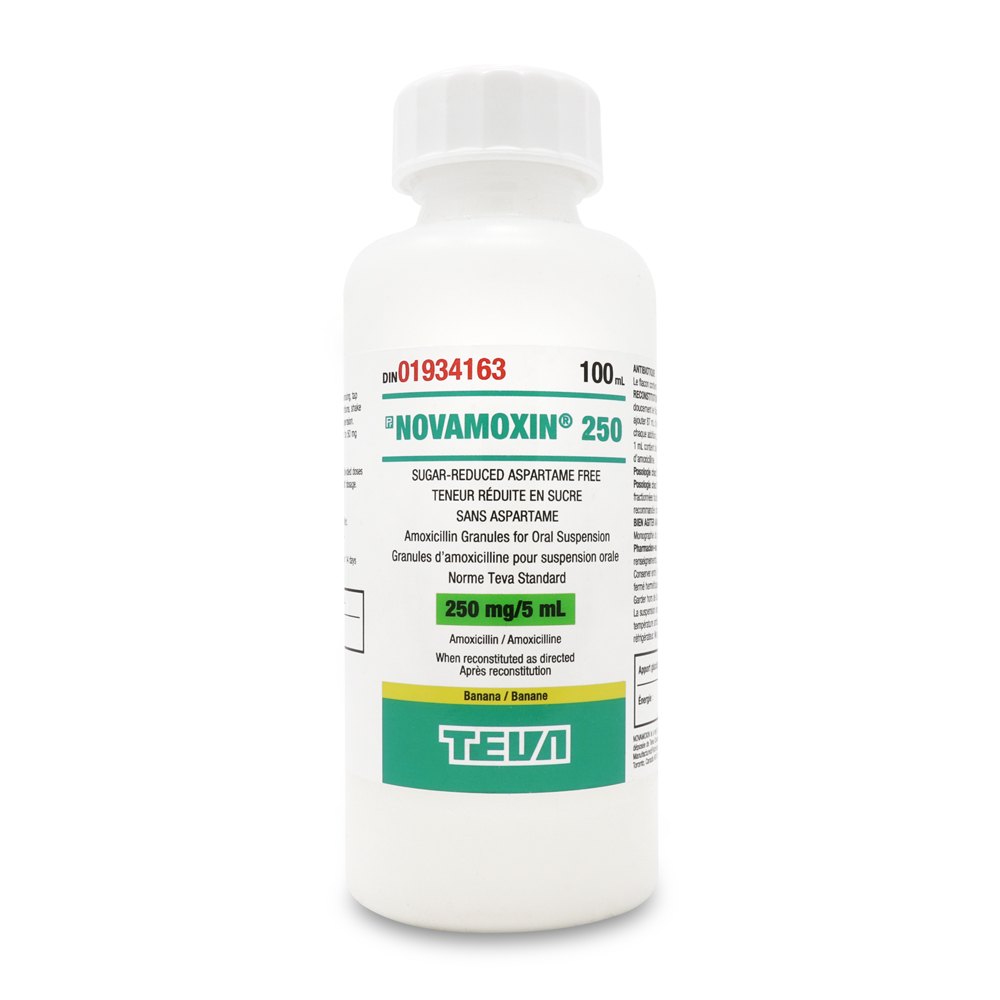
Naropin (Ropivacaine)
Brand: Naropin
Active Ingredient(s): Ropivacaine
Strength: 5 mg / mL
Pack Size: 5 x 20 mL Injectable
Store at room temperature.
DIN: 02229415
Manufacturer: Aspen (Canada)
Alternatives:
$69.33
*A valid prescription is required for Rx items.
Description
Naropin (Ropivacaine) is a local anesthetic agent. It is typically given to provide pain relief and to numb parts of the body during surgery, including having a baby by Caesarean section. It may also have other uses.
Additional information
Naropin (Ropivacaine)'s dosage depends on the condition (usual range: 1 mL - 100 mL). However, your doctor or pharmacist may have suggested a different schedule that is more appropriate for you. It will be given to you by a doctor or nurse in a hospital or clinical setting. Ropivacaine is injected into the veins (intravenous - IV). The part of the body where it will be used will depend on why you are being given Ropivacaine. WARNING: Careful and constant monitoring of the patient's state of consciousness should be done following each local anesthetic injection, at such times, restlessness, anxiety, tinnitus (ringing in the ear), dizziness, blurred vision, tremors (shaking movements), depression, or drowsiness may be early warning signs of toxicity. Use with caution in patients with hypotension (low blood pressure), hypovolemia (a life-threatening condition where you lose more than 20% of your body's blood or fluid supply), heart block (an abnormal rhythm), or heart disease. Use with caution in patients with liver or kidney impairment, neurological (affecting the nervous system) or psychiatric disorders, and acute porphyria (a rare disease of the blood pigment, heme). In addition to its desired action, Naropin (Ropivacaine) may cause some side effects, notably: It may cause low blood pressure (hypotension), dizziness, or lightheadedness. It may cause nausea, vomiting, headache, slow or fast heart beat (bradycardia, tachycardia). It may cause difficulty in passing urine, back pain, or high temperature (fever) or shivering (chills). Contraindications: Hypersensitivity to ropivacaine, amide-type local anesthetics (e.g., bupivacaine, mepivacaine, lidocaine), or any component of the formulation. Animal reproduction studies have failed to demonstrate a risk to the fetus and there are no adequate and well-controlled studies in pregnant women. If you're planning a pregnancy, become pregnant, or are breastfeeding, contact your family doctor. A treatment with Naropin (Ropivacaine) requires regular monitoring by a doctor. Be sure to see your doctor for all regularly scheduled appointments.Naropin (Ropivacaine)
Warning
Each person may react differently to a treatment. If you think this medication may be causing side effects (including those described here, or others), talk to your doctor or pharmacist. He or she can help you to determine whether or not the medication is the source of the problem.
There are no reviews yet.





Reviews